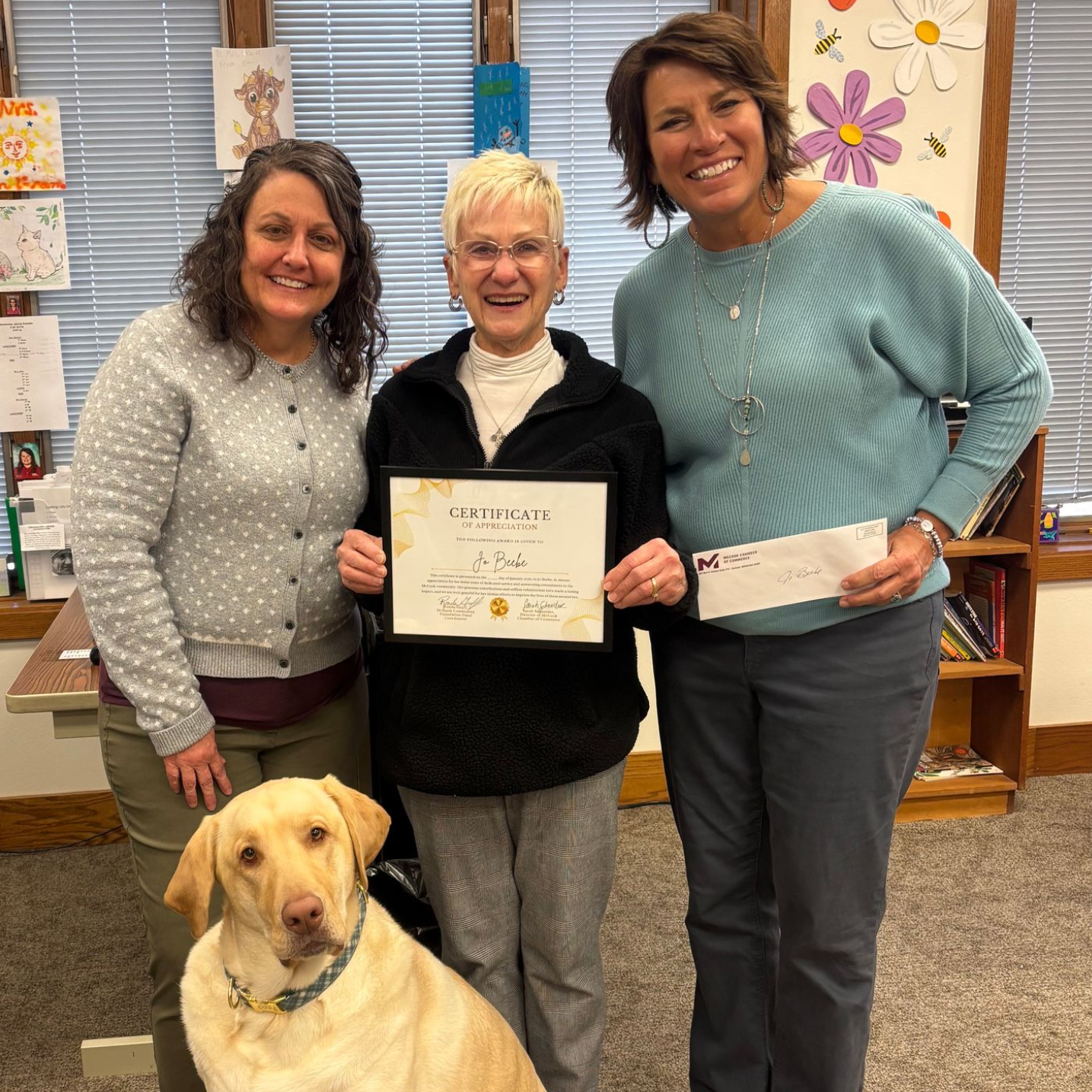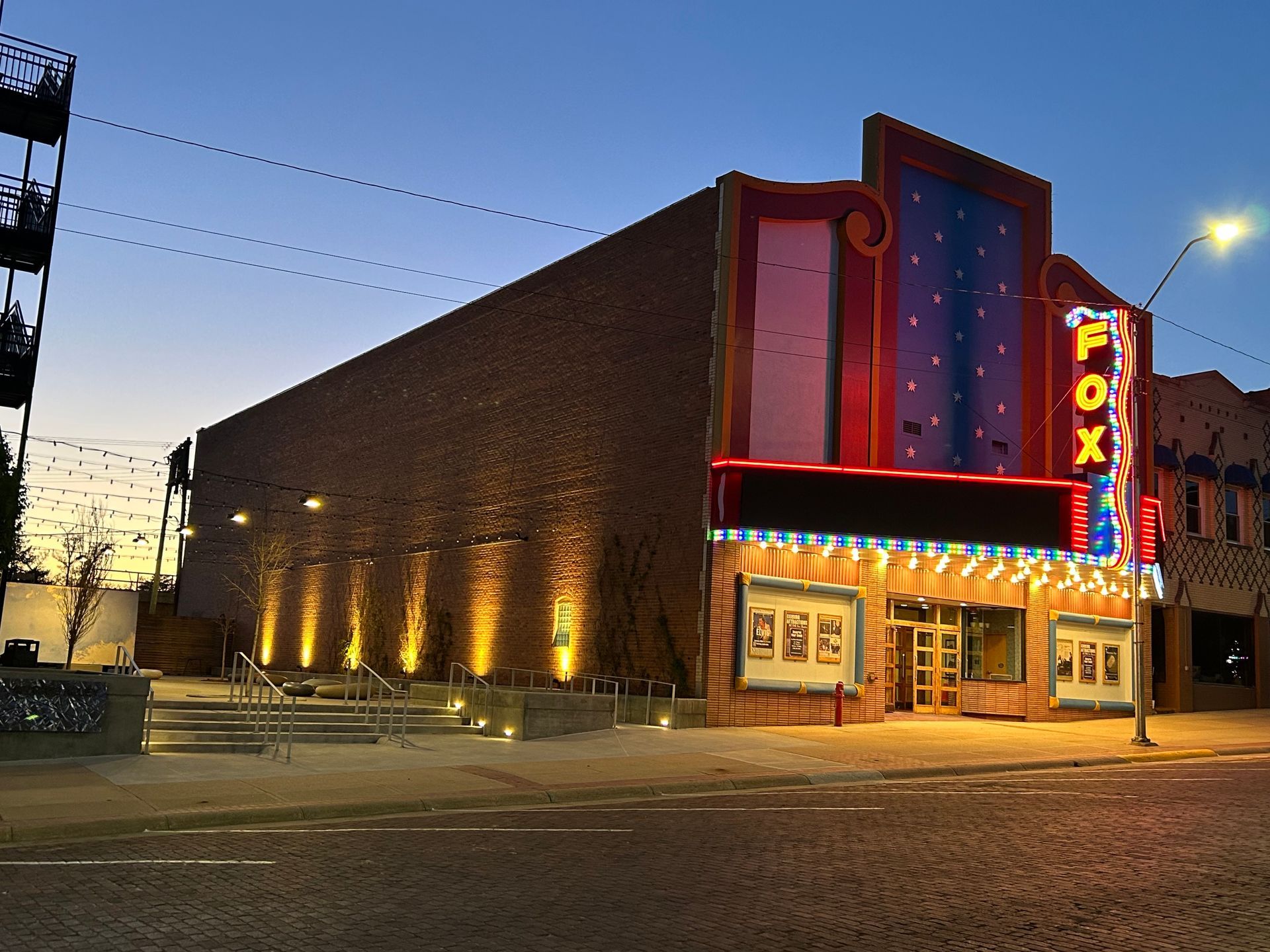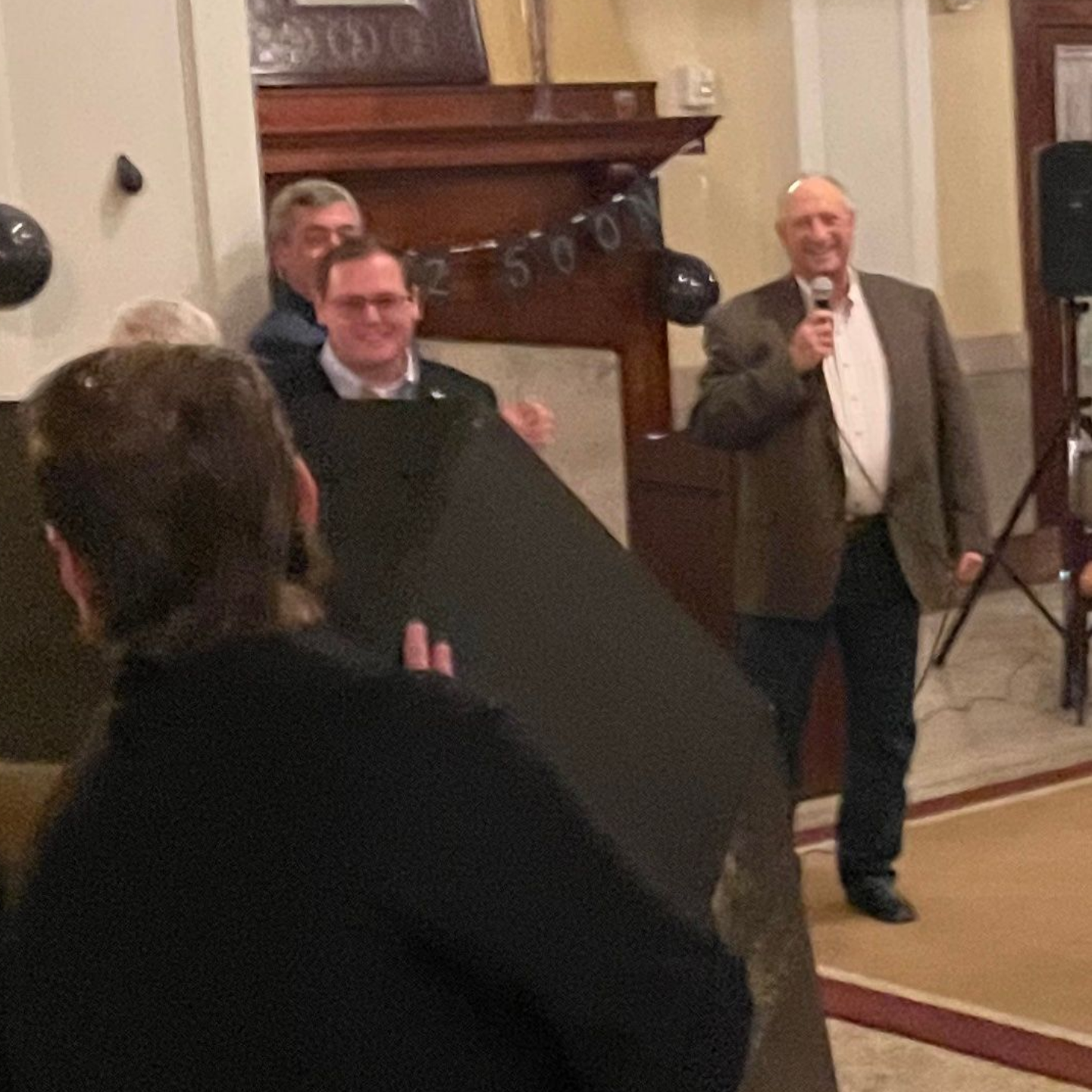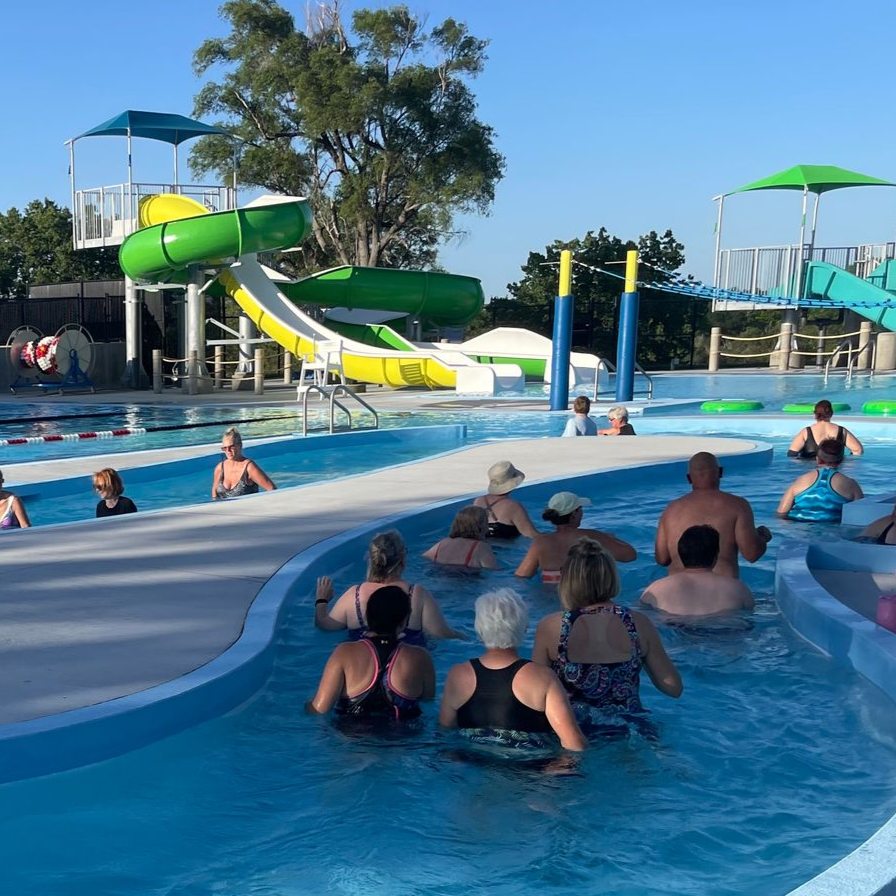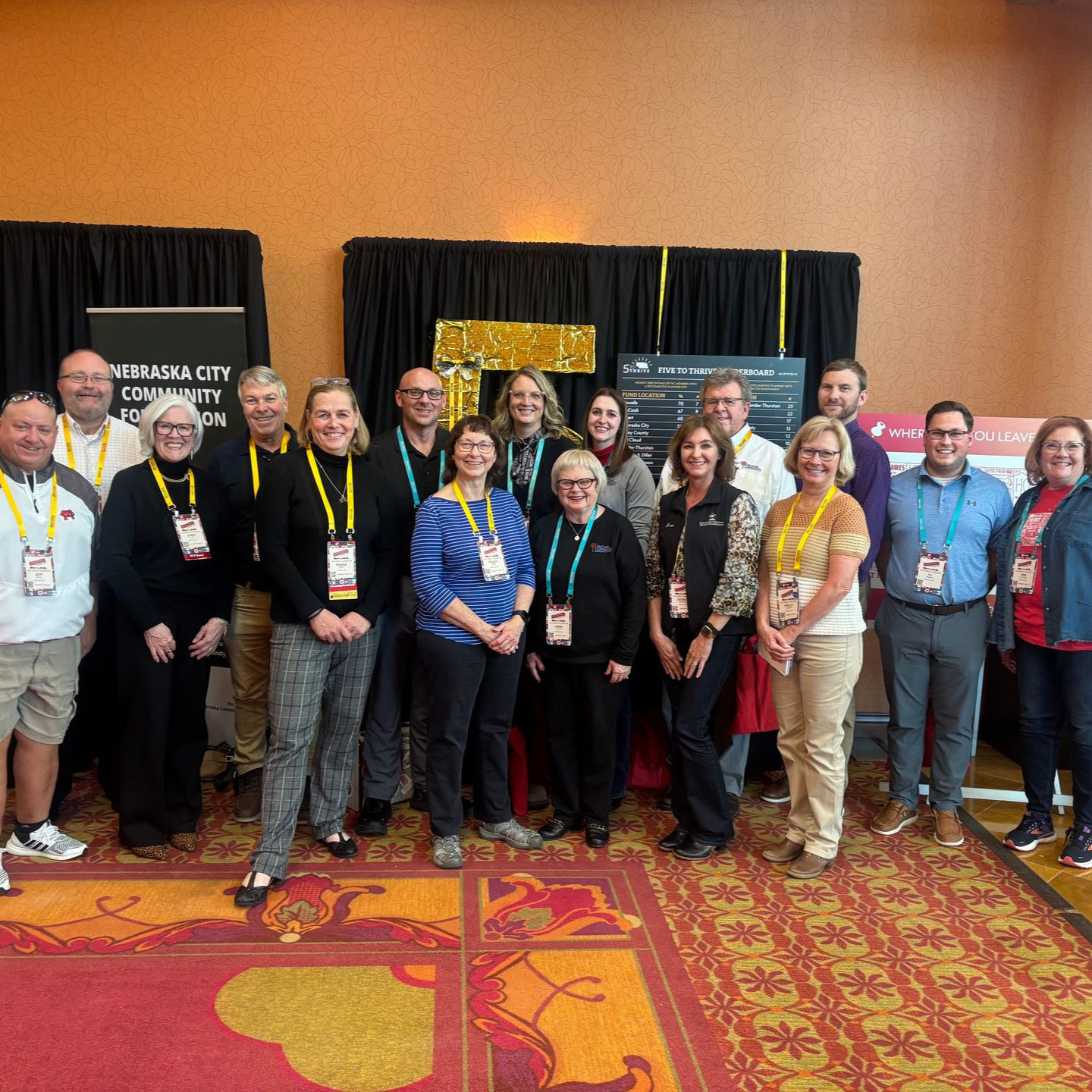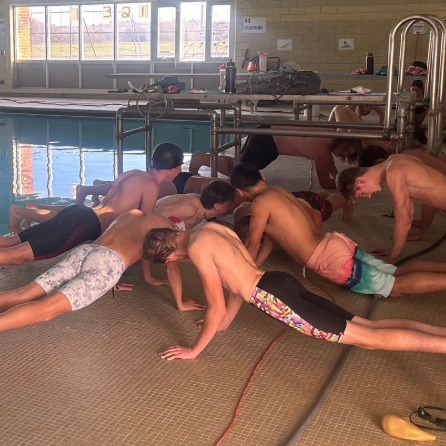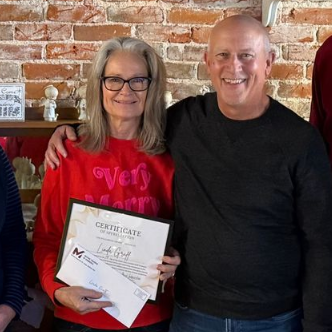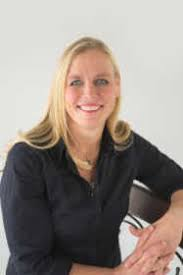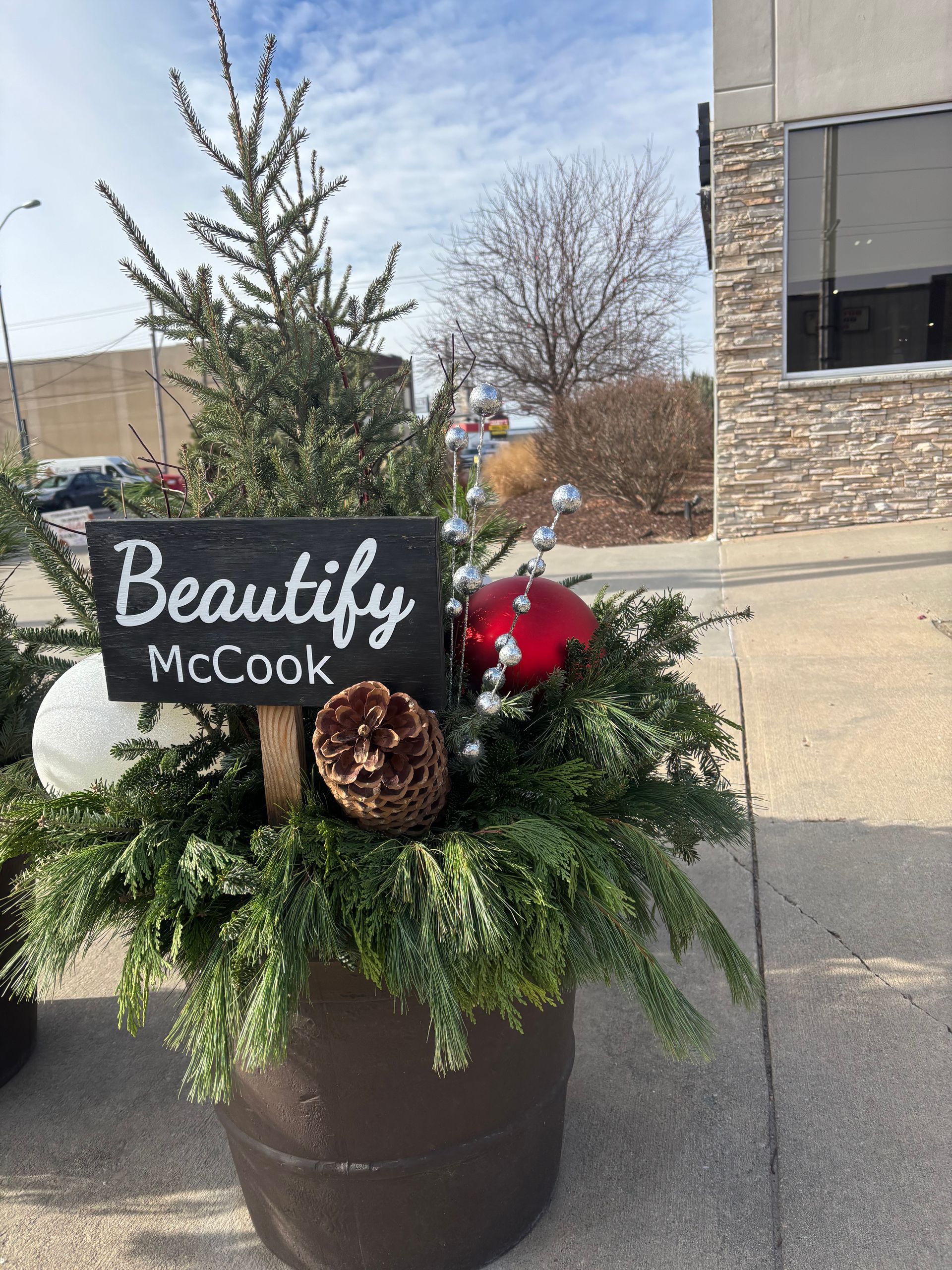Canadian visitors shed light on McCook assets already in place
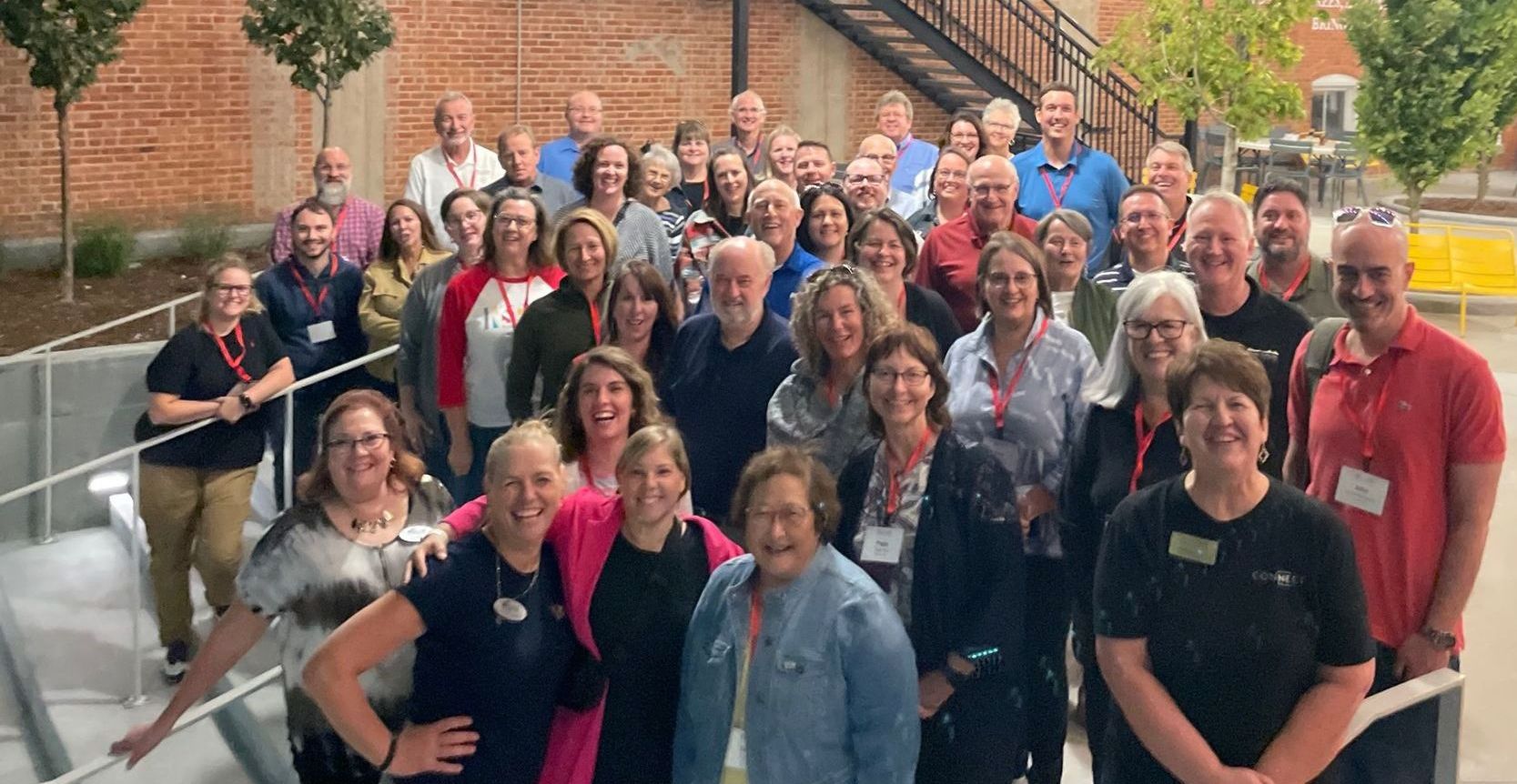
Last month, I had the pleasure of taking a four-day bus trip across rural Nebraska with 19 Canadians, mostly from the Newfoundland/Labrador area. As part of the trip, the group visited Lincoln, Shickley, Red Cloud, McCook, Ogallala, the Calamus area and Albian to learn about tourism and economics and the link between the two.
Specifically, the Canadians wanted to learn more about the concept of "Asset Based Community Development" or ABCD.
Ironically, the Canadian group found themselves in Nebraska because of prior trips to Australia and Scotland to learn their secrets of tourism and using the assets a community already possesses. While on those tours, both the Australians and the Scotts told the Canadians that if they wanted to see these concepts in action, they needed to visit Nebraska, specifically the Nebraska Community Foundation’s rural affiliates, which includes McCook.
According to NCF, the ABCD concept is defined as follows: “Communities that rely on existing assets like residents’ skills, local associations, local history, and more can find success in their own way that best fits their place.”
A few key words here are “existing assets” and “in their own way.”
On the Nebraska tour, the Canadians learned that each community works with their local assets, including culture and personalities, to create the places where they want to live and raise their families.
And rather than being told what to do, local leaders, volunteers and citizens discover how to get things done in a way that works best for their unique community.
The Canadians were surprised to learn that the NCF does not dictate what each community does with their money to develop their community - a top-down approach.
Rather, NCF offers knowledge, wisdom, peer learning, training, facilitation, and many other learning opportunities, which then allows each community to figure out what they want to do and how they want to do it.
An example of this concept comes from three of the communities we visited on the tour, Shickley, Red Cloud and Albian, which have built wonderful child development facilities. The resulting buildings, amenities and staff are similar, but each town went about determining the building process and developing ongoing operations in their own way.
Another concept we covered during the tour was to "make the invisible, visible."
During their stay in McCook, the Canadians pointed out many assets that we take for granted or overlook during our day-to-day lives. During their visit, they noticed our community's "passion and pride," the friendly people, the slower and quieter pace of life, safety, the bricks on Norris Avenue, the "gritty attitude" the makes us persevere, the open prairie lands, as well as the lakes, hunting and fishing. They commented on the McCook Chamber of Commerce's Heritage Days, 4-H groups, independent businesses with a real downtown, a great hospital and schools, a YMCA, a community mural and many other cultural arts, the Kiplinger, Nebraska’s only Frank Lloyd Wright home and even fireflies. These are all assets that are so common to us that it takes an outsider to show us how lucky we are to have them.
Conversely, we learned many things throughout the week from our Canadian friends. One concept they are steadfast on is "A great place to live is a great place to visit." I love this idea.
As we are thinking about the future of McCook, let's keep creating a great place where we want to live. This will attract people to visit. And then some will understand the tremendous opportunity they could have if they moved here and create their own great life.
Right now, "McCook is on the move." This isn't simply a slogan. Rather, it is a call to action. Let's keep it going by recognizing our many assets and working with them to create an even more wonderful community.
I’m glad that this group of Canadians from Newfoundland/Labrador came to learn because they reminded me how fortunate we are to live where we live.
Thank you, McCook, and southwest Nebraska, for being you!
***
Don't feel bad if you don't know the location of Newfoundland/Labrador among the Canadian provinces. We had to educate our Canadian visitors about the shape of Nebraska.
While enjoying "McCookies" during their visit, several visitors had the red-hot candy (the stand-in for McCook on the sugar cookie) in the northeast. We had to explain that by simply rotating the cookie 180 degrees, the red-hot candy ended up in the bottom left corner of the Nebraska-shaped sugar cookies. We also used the cookied to illustrate that they had traveled along the bottom portion of the cookie to get from Lincoln to McCook.
And if they return, remember that Newfoundland/Labrador is on the east coast of Canada.
Matt Sehnert is vice-chairman of the McCook Community Foundation Fund, a retired baker, passionate community advocate and life-long learner.
